A 14-year-old boy has lost a court case he brought against his own parents after they moved him from London to Ghana to go to boarding school.
The boy, described in court as shy, articulate, a keen cook and footballer, said his parents had tricked him into going to Africa, saying it was to visit a sick relative.
He said had he known he was being sent to boarding school “there would have been no way I would have agreed to it”.
But the High Court in London also heard his parents were worried he was being “groomed” into criminal activity.
In a written statement to the court, he said: “I feel like I am living in hell. I really do not think I deserve this and I want to come home, back to England, as soon as possible.”
But High Court judge Mr Justice Hayden said the boy was at risk of suffering greater harm returning to the UK.
He said he recognised that “this is, in many ways, both a sobering and rather depressing conclusion.”
The boy, who had lived in the UK since birth, said he was “mocked” and “never settled in” at the school in Ghana.
He said he “could also barely understand what was going on and I would get into fights”.
The boy said: “I was so scared and desperate that I emailed the British High Commission.”
“I am from London, England, and I want to go back home,” he wrote.
He said he had been “mistreated” at the school, adding: “I’m begging to go back to my old school.”
However the High Court heard that the boy’s parents had sent him because they feared for his safety in London.
In a statement, his mother said sending him to Africa was “not a punishment but a measure to protect him”.
She referred to the murder of Kelyan Bokassa, the 14-year-old boy who was stabbed to death on a bus in Woolwich in January. That was “every parent’s worst nightmare”, she said.
She said she did not believe her son would survive in the UK and did not want to be part of her son’s “destruction”.
Rebecca Foulkes, representing the boy’s father, said the boy met 11 of the points on a checklist produced by the children’s charity NSPCC to indicate whether a child might have joined a gang or was being criminally exploited.
That included being absent from school, having unexplained money, buying new things, and carrying weapons.
She said it was not only the parents who were worried.
His school claimed it had “suspicions about him engaging in criminal activities” and had observed him in expensive clothes and with mobile phones.
The boy said he had never been part of a gang, nor “involved in gangs in any way”. He said he “does not know anyone involved in a gang” and he does not carry a knife.
He acknowledged in his statements that “my behaviour wasn’t the best” and said he thought that was the reason his parents sent him to Africa.
The case centred on the question of parental responsibility, and whether the parents acted unlawfully by sending their son to boarding school without his consent.
The boy’s barrister, Deirdre Fottrell KC, pointed out the school was not simply far from home – but a completely different jurisdiction.
The boy wrote that his education was suffering. He felt the Ghanaian classes were not as challenging as those in his English school, and he had been out of formal education entirely since last summer, studying online.
He wrote: “I want to have an education again and grow up like a normal person. I feel like my brain is hurt here. I feel like now I am dumber than people I used to be smarter than.”
The boy’s father has recently visited him in Africa, and he told the court that he and his son had got on well.
He said he would like his son to remain in Ghana, and said they visited a different boarding school where the boy could be considered for a place.
The father said they were both very impressed.
However, questioned by Ms Fottrell, he acknowledged there was no place in that school until September, and that his son had not said he wanted to go there.
James Netto, from the International Family Law Group, who represents the boy, said he had recently seen a rise in similar cases where teenagers were trying to return to the UK.
“Teenagers are often placed in exceptionally challenging or vulnerable situations, and are now beginning to turn to the court for protection,” he said.
Mr Netto said he had seen cases where “in their parents’ eyes” young people were “falling in with the wrong crowd or are adopting what their parents see as unorthodox or challenging behaviours”.


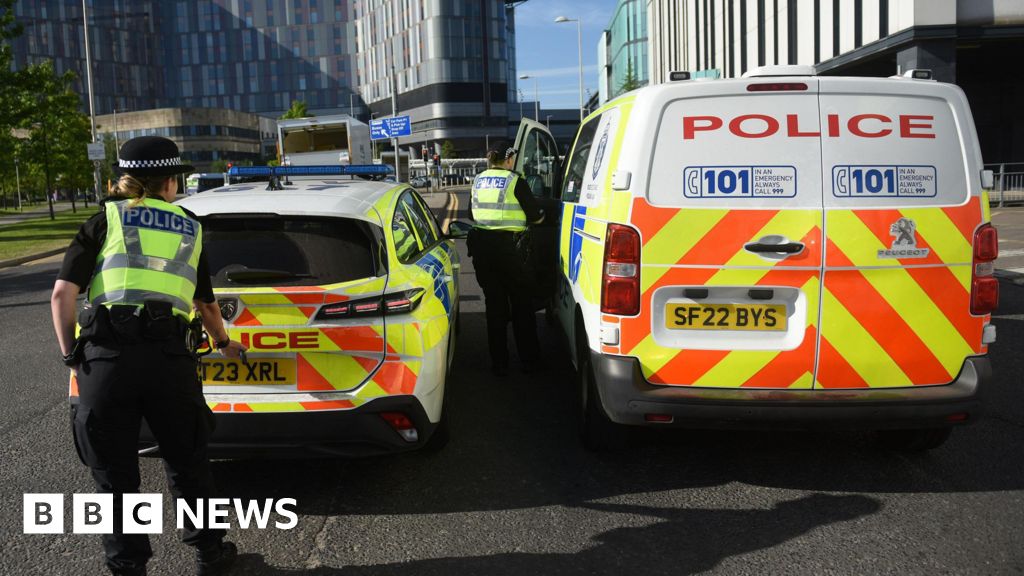



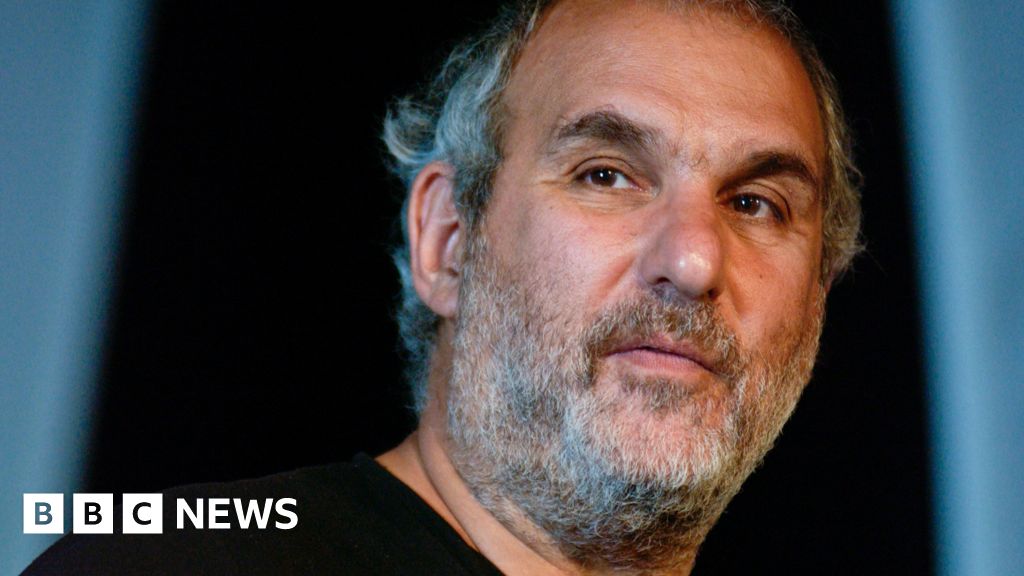
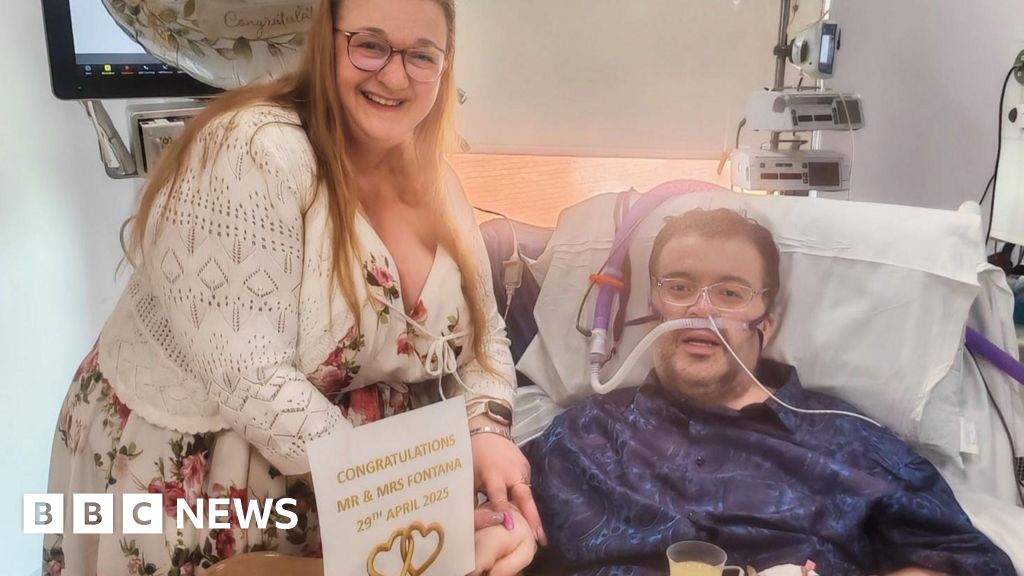

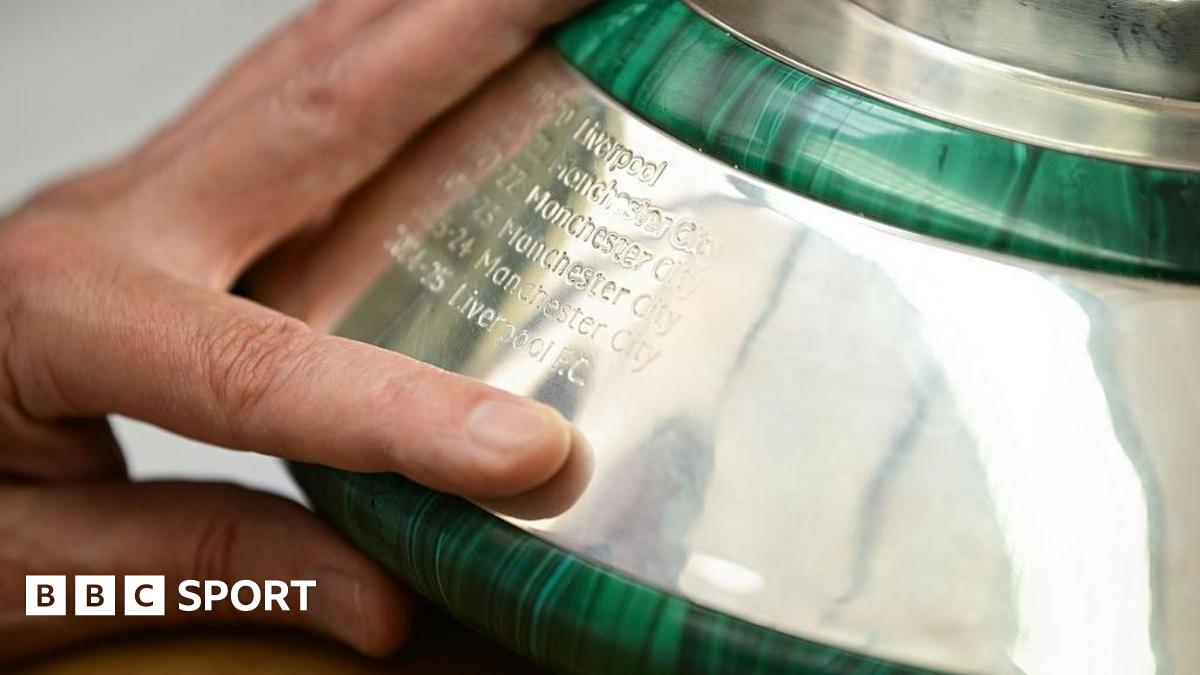
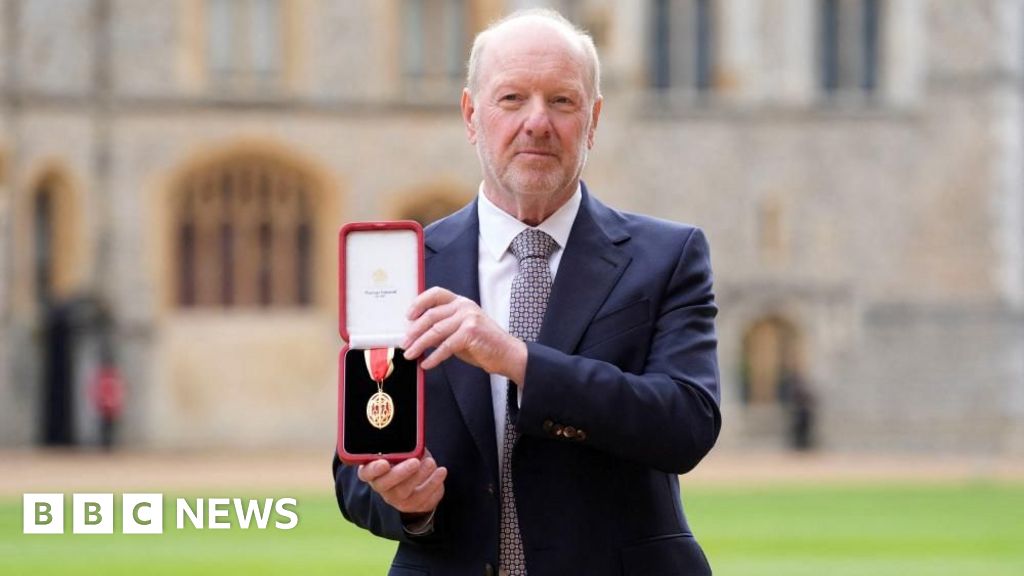
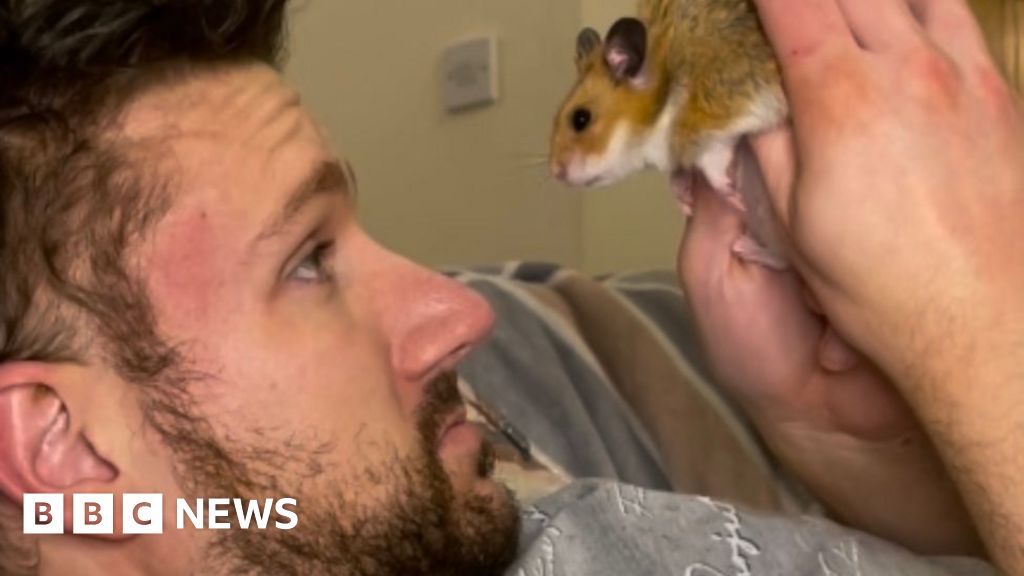




Leave a Reply